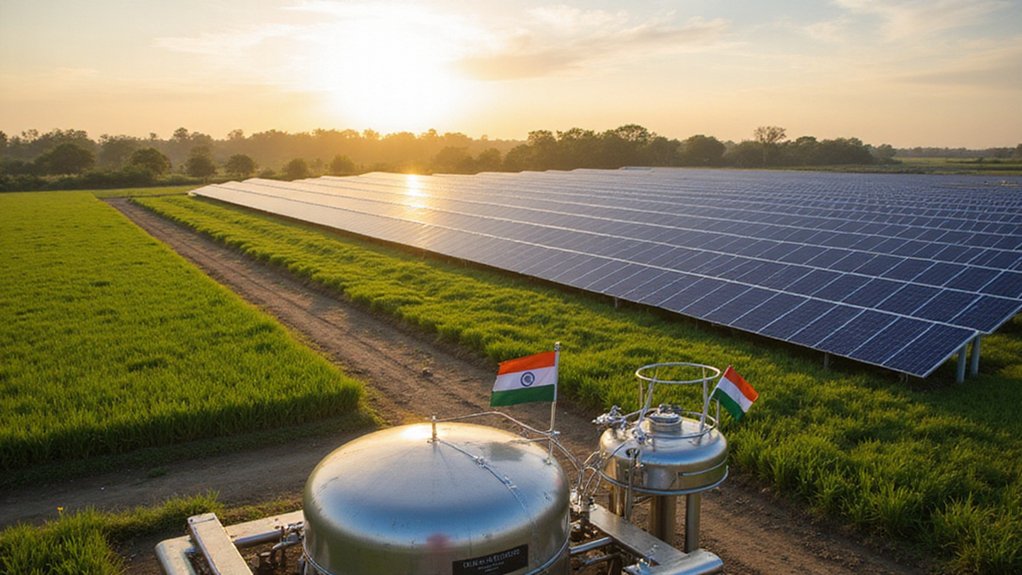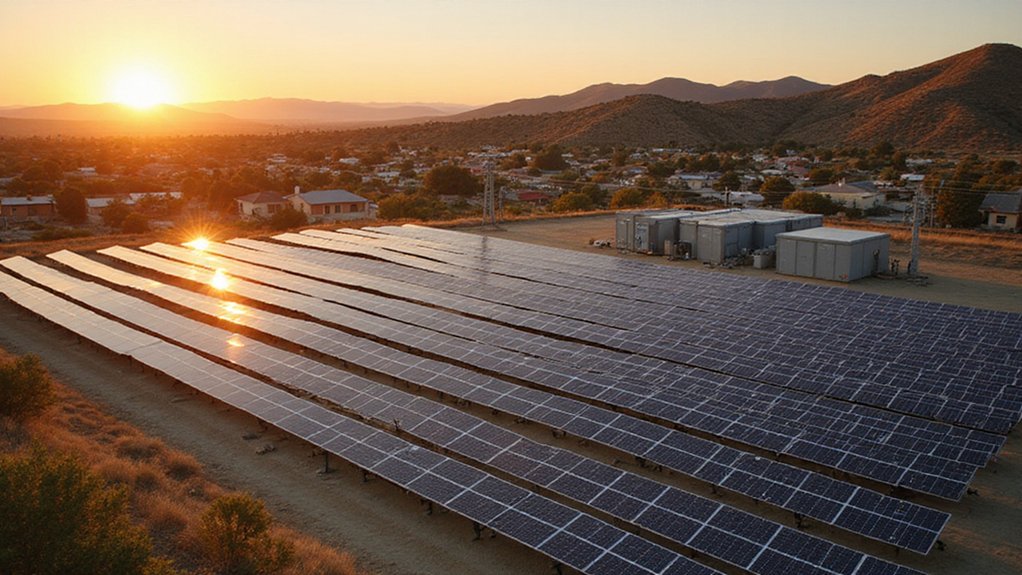Kuwait has invested $1 billion in NexGen Energia to boost India’s clean energy sector. The funding targets expansion of Compressed Bio-Gas plants across India. This partnership aims to reduce fossil fuel dependence while supporting India’s environmental goals. The investment converts agricultural waste into energy and creates rural jobs. International cooperation in renewable energy drives technological innovation and economic growth. What other nations might follow Kuwait’s example in funding India’s green transformation?
A major financial boost is coming to India’s green energy sector as Kuwait makes a significant move into renewable power. Capital Edge of Kuwait has pledged $1 billion in equity investment to NexGen Energia, a leading Indian green energy company. This substantial funding will help expand and deploy Compressed Bio-Gas (CBG) plants across India as the country works to reduce its dependence on fossil fuels.
NexGen Energia has built a reputation as a pioneer in CBG technology in India. The company develops infrastructure that produces renewable fuel, which serves as an alternative to conventional fossil fuels. With this new funding, NexGen plans to build and operate new CBG plants in various regions throughout India.
Leading the CBG revolution in India, NexGen will expand its clean energy footprint nationwide with fresh funding.
The billion-dollar investment will accelerate India’s shift to cleaner energy sources while reducing carbon emissions. This investment aligns with the two nations’ commitment to explore renewable energy cooperation as outlined in their recent strategic partnership discussions. CBG plants don’t just provide clean energy—they also support rural development by creating jobs and offering new economic opportunities in areas where the plants operate.
This partnership highlights the growing cooperation between Kuwait and India in the clean energy sector. Both countries are exploring additional opportunities for joint renewable energy projects and knowledge sharing. Kuwait’s investments reflect its ambitious carbon neutrality goals by 2060, similar to initiatives in its domestic market. The investment could serve as a model for future cross-border collaborations in renewable energy.
Kuwait itself has been ramping up its commitment to clean energy, with a national target of producing 30% of its electricity from renewable sources. The country has invested in large-scale solar and wind projects, including the Shaqaya Complex, and has formed partnerships with other nations to advance its energy shift goals. The biomass technology used in these CBG plants offers stable power generation similar to geothermal energy but with the added benefit of waste reduction.
The funding for NexGen Energia offers multiple benefits: it strengthens India’s move toward energy independence, reduces greenhouse gas emissions, and creates sustainable solutions by converting waste into energy.
It’s a significant step in India’s clean energy journey, demonstrating how international investment can drive environmental progress while delivering economic advantages to both countries.









